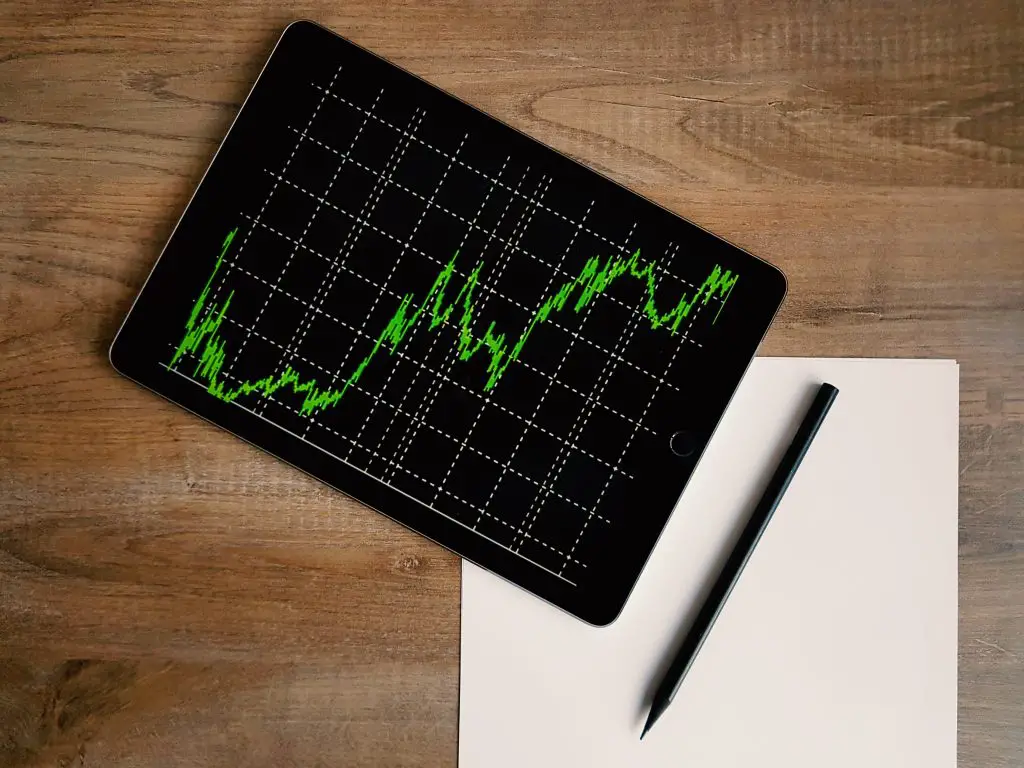Guest Post by Yvan Byeajee
What makes a good trader? This is a question that has undoubtedly been on every trader’s mind at some point. It has definitely been on my mind for quite some time. We all know that a good trader is an excellent risk manager. We know that he also trades a proven methodology. He must also demonstrate self-control – which is to say that he’s able to practice discipline. But it can’t stop here, and my argument is that If it did, a lot more people would find durable success in the markets. At this point trading would just be a game of applying a model to the letter. And we know empirically that a lot of people fail at doing such a simple and seemingly “easy” task. So there must be more to the story; there must be another *deeper* criteria that we’re not considering.
One of the reasons why trading is so compelling is paradoxically one of the reasons why it is so difficult. Since most of us look at the markets with eyes of wonder, hope, and craving we unconsciously grant it the power to dictate what we ought to feel in each and every moment. We become prisoners of our inner conditions, and as this demands expression, it shapes our actions in the markets.
But there is a way of trading that is not contingent upon merely following the next discursive emotions and thoughts that come careening into consciousness. There is a way of trading that can truly be fulfilling and pleasant as a matter of subjective experience. And this state of mind is available for anyone to experience, provided that we change our perspective on a few things:
1. We have to learn to let go of trying to control things. Although this is a concept most of us understand, I rarely see it applied in actuality. There is tremendous freedom to be found when we just adopt an observer stance and let things happen without trying to control them. When we cultivate a sense of stillness and ease in the midst of uncertainty, we can smoothly allow things to happen the way they want to. By simple means of observation, we can learn to detach ourselves from experiences that are brought forth. At this point, detachment becomes a goad for curiosity. Curiosity, in turns, engenders impartiality and an openness to learn from our experiences – whatever they are . In the markets, this translates as placing your trades and letting them work to fruition without trying, wishing, wanting. As we drop our resistance this has the potential to engineer for us not only consistent trading results but also emotional well-being.
2. We have to let go of the obsessive need to make trading the center point of our whole existence. The best way to bring mediocrity upon ourselves is to obsess over the markets. Do things other than trading-related from time to time and free your mind from the clutter imposed by the markets. Don’t spend all your week ends reading trading books; at one point it becomes more confusing than anything. Spend time with loved ones; spend time with yourself. Paradoxically, that’s when you will find your greatest AHA moments, even more so clarity of mind to perform to the best of your abilities in the markets.
3. Let go of trying to achieve a specific monetary outcome. As humans, we’re more concerned with having than being. In trading, we have to turn that around. The attachment to money arises when we are over-identifying with our ego’s story of survival. In our mind, we need that money to fulfill our needs; to make us psychologically complete; to give us a sense of belonging, and to bring meaning to our existence. When you learn to detach yourself from the discursive thoughts that arise in your mind when money is involved, it enables you to be fully open and receptive to the opportunities the markets hand you on a continuous basis. By sincerely dropping your need for results, you will begin to manage your trades with an utmost presence which is not affect nor colored by fear, greed, and other limiting states of the mind.There is nothing esoteric or even illusory about trading success. In most cases it just requires an openness to question your current set of behaviors and select the most appropriate set of steps that provide better psychological satisfaction. And letting go, although initially hard is the final frontier to explore if you want to turn your results around and change your experience of trading to something that is truly fulfilling.
By Yvan Byeajee
His Website: www.tradingcomposure.com
His books: Zero to Hero and Day Trading the SPY
His eCourse: Trading Psychology Mastery Course
